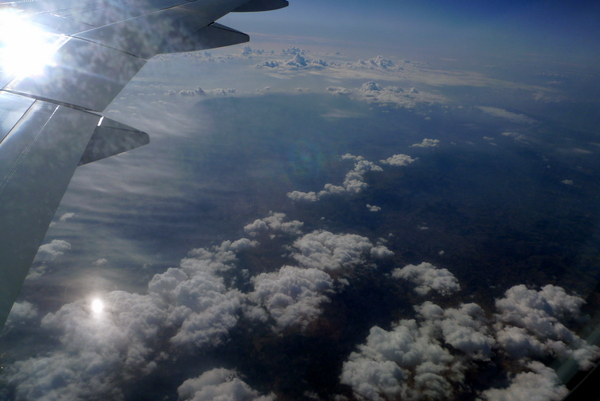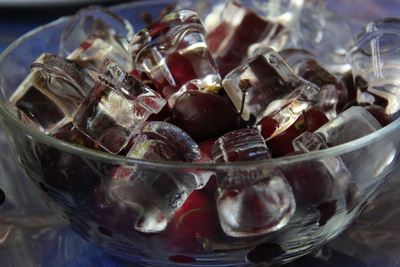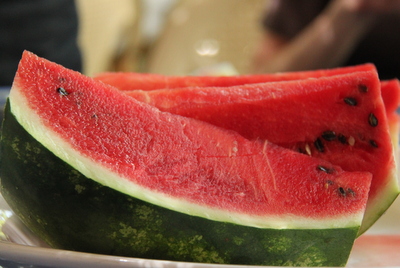“I can tell you were missing Beirut when you got this place,” said one of our visitors looking out our windows at the view across flat roofs and satellite dishes spreading from the foothills behind to the blue of the sea. When we moved to a flat in a working-class area of this medium-sized Mediterranean town, several people remarked on the resemblance to the view we left behind in Lebanon. Most Brits moving to the Costa del Sol come for a villa with a swimming pool and garden – something unattainable in England. Not us. We’re not in some charming pueblo blanco on the hills or some Driving-over-Lemons style valley, or even one of those gated developments with communal pool and tennis courts that many opt for.
We arrived with a two-year old and a baby so a flat in town meant I could take the kids out on errands and visits without hassling with car seats and loading up or unloading a pushchair and a sling at every stop. I didn’t want to end up isolated in some pretty villa sitting under the bougainvillea eating supermarket-sourced figs and wondering what Spain was really like.
When we visited Spain before moving to Lebanon we found Andalusia beautiful …and the costa less than. But after a few years in Beirut we couldn’t quite face moving away from the Mediterranean with all its highs and lows. It was heart-wrenching to leave Lebanon, but here on the coast we found so many things in common.
Rampant unethical property development along the coast? Yep.
Half-built buildings abandoned? Yep.
Flat roofs bristling with satellite dishes and aerials? Yep.
Beautiful green countryside out of town? Yep.
Flexible, fun-loving people? Yep.
Zero stress about rules? Yep.
Strangers who talk to you in the street? Yep.
An overused cliché about swimming and skiing in the same day? Yep.
The scent of jasmine on an evening? Yep.
Old biddies in plastic chairs watching the world go by? Yep.
A surplus of excellent produce? Yep.
A fellow Beiruti blogger used to run an awareness campaign targeting the misuse of the expression “it looks like Beirut” to refer to scenes of destruction, chaos or bloodshed. It is such an outdated expression because Beirut is glutted with luxury cars and haute couture boutiques. Car bombs are only occasional, and the Lebanese do chaos so well, you can’t really fault them on it.
Save for Marbella, here we have none of the bling and swank, so I can’t really say it looks like Beirut. But there is a little something, and I’m so glad there is.

You want a wire through your wall? We’ll put a wire through your wall. I’m pretty sure that’s a Beiruti wire that escaped to Tarshish.




